While Australia and Canada are tightening the number of international students, many other countries such as the US and New Zealand are expected to maintain lenient regulations for international students.

Students learn about New Zealand universities at the New Zealand Study Abroad Fair held in mid-October 2024 - Photo: TRONG NHAN
Last weekend, Studymove, an education consulting and statistics company in Australia, reported on the impact of Australia's tightening student visa policies over the past year.
The report tracks student visa approvals for international students to Australia between October 2023 and August 2024 and compares them with previous years.
Student visa rate drops "shockingly" in Australia
Accordingly, from October 2023 to August 2024, Australia has granted about 297,000 student visas to international students from all countries.
This figure has decreased by more than a third compared to the same period last year when from October 2022 to August 2023, Australia issued 477,000 student visas. The figure of 297,000 is even lower than the period before the COVID-19 pandemic when from October 2018 to August 2019, Australia issued 337,000 student visas.
By type of study, in the past 12 months, the visa approval rate for vocational education and training (VET) students has dropped the most, by 67%. Next is English language courses, with a 50% decrease in visa approval. University programs have also suffered a significant drop in visa approval rates, by about 25%.
Studymove’s report also describes student visa approvals by country. From October 2023 to August 2024, Vietnam had about 12,600 student visas approved, down 28% compared to the same period last year.
This decrease is considered quite large but is still better than some other countries, such as the Philippines with a decrease of 67%, Colombia with a decrease of 62%, India with a decrease of 56%, Nepal with a decrease of 53%, Brazil with a decrease of 46% and Indonesia with a decrease of 32%. China and Japan have a lower decrease than Vietnam, only 7%.
Mr. Lam Minh Khoa, admissions representative of the University of Melbourne in Vietnam, commented that the current policies are not much different from Australia's review policy about 6-7 years ago, in which the regulations on financial proof are very strict.
This regulation was only relaxed after the COVID-19 pandemic because Australia wanted to boost the number of international students coming to Australia. Now that the number of students coming to Australia has gradually stabilized, the regulation has returned to a strict state.
According to Mr. Khoa, Australia’s current student visa policies will not affect students with clear academic records and financial proof. Usually, top schools in Australia also carefully consider these criteria when recruiting students.
“This will also have positive long-term benefits in ensuring that Australian schools recruit students who are genuinely coming to Australia for the purpose of studying,” Mr Khoa said.
"Easy to breathe" in some places
Recently speaking with Tuoi Tre at the 2024 US Education Fair, Mr. Justin Walls, Head of Culture and Information at the US Consulate General in Ho Chi Minh City, said that there have been no changes in visas for international students for Vietnamese students.
The United States will be consistent and maintain a stable visa policy for international students. The US visa department in Vietnam always uses a lot of data and analysis to ensure that legal students have the opportunity and can apply for a visa and study in the United States smoothly.
Mr. Hien Nguyen, Southeast Asia regional director of Northern Arizona University (USA), said that a stable visa policy promises to be a plus point to help attract more international students to study in 2025.
However, despite the "loose" regulations, students should still prepare their study abroad application very carefully, especially English. Each major at each school will require a different English standard, so students need to research carefully and meet it correctly. Most cases of student visa rejection are due to students not meeting the English requirements.
Regarding the trend of majors, Mr. Hien Nguyen said that because the OPT (Optional Practical Training) program allows STEM international students to stay in the US to work for up to three years after graduation, STEM majors are still the priority choice of Vietnamese students.
New Zealand is also a study abroad market that has seen a positive increase in the number of Vietnamese students. According to information from Education New Zealand (ENZ), in 2023, the number of Vietnamese students will increase by 10% to a total of 1,736 students.
Of these, the secondary sector saw the strongest growth, up 31% to 308 students. The university sector continued to be the mainstay, increasing 7% to a 10-year high of 1,120 students.
Ben Burrowes, ENZ’s acting chief executive of international, said New Zealand is expected to propose keeping the current policies in place. Essentially, the immigration authority still has to maintain a balance between demand and capacity in the process of reviewing student visa applications, but Vietnamese students will always be given favorable conditions.
US: Vietnamese students dominate
Vietnam is still the Southeast Asian country that sends the most international students to the US. Specifically, there are currently about 30,000 Vietnamese students studying in the US. In the world, Vietnam is ranked 5th in the list of countries with the most students studying in the US.
Tighten working conditions
Mr. Thai Dung Tam, admissions representative of Coquitlam College (Canada) in Southeast Asia, said that in mid-September 2024, Canada made an important change regarding the post-graduation work permit (PGWP). Bachelor, master and doctoral programs can still apply for PGWP as before.
However, with college programs, students can only apply for PGWP if they are studying in fields that are on the list of in-demand workers in Canada. "This list can change every year, so if possible, international students should choose to study at university level to feel more secure about staying and working in Canada," said Mr. Tam.
Source: https://tuoitre.vn/du-hoc-my-canada-uc-new-zealand-ra-sao-trong-nam-2025-20241025224830869.htm





![[Photo] Close-up of Vietnam's sniffer dog team searching for earthquake victims in Myanmar](https://vstatic.vietnam.vn/vietnam/resource/IMAGE/2025/4/1/d4949a0510ba40af93a15359b5450df2)
![[Photo] Relatives of victims of the earthquake in Myanmar were moved and grateful to the rescue team of the Vietnamese Ministry of National Defense.](https://vstatic.vietnam.vn/vietnam/resource/IMAGE/2025/4/2/aa6a37e9b59543dfb0ddc7f44162a7a7)
![[Photo] Third meeting of the Organizing Subcommittee serving the 14th National Party Congress](https://vstatic.vietnam.vn/vietnam/resource/IMAGE/2025/4/2/3f342a185e714df58aad8c0fc08e4af2)


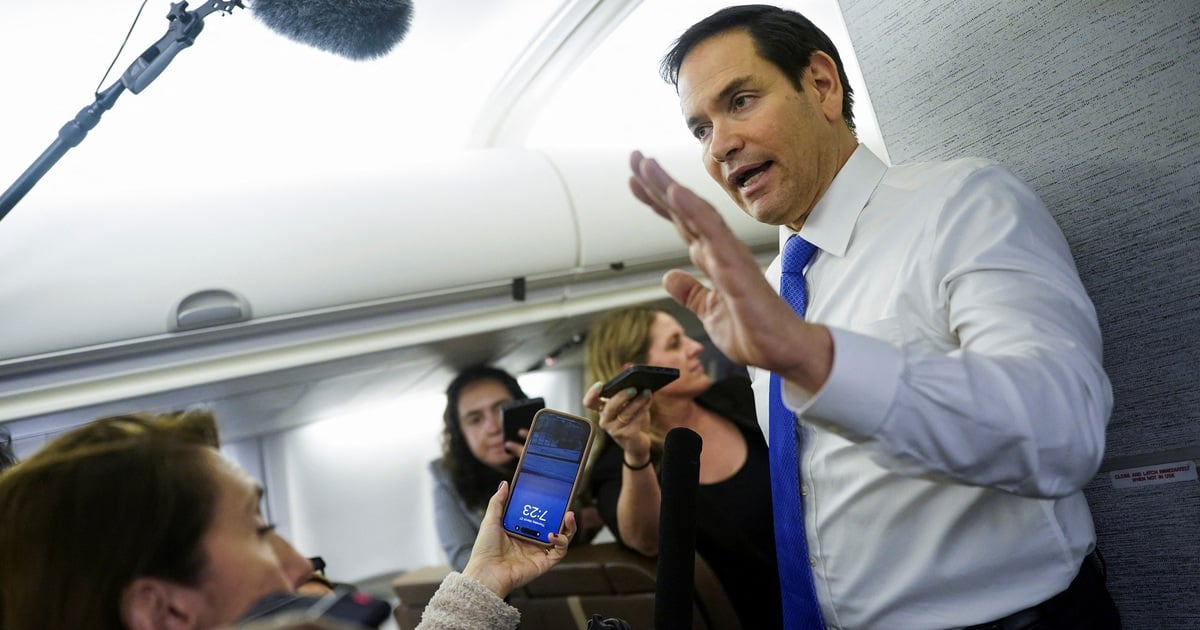



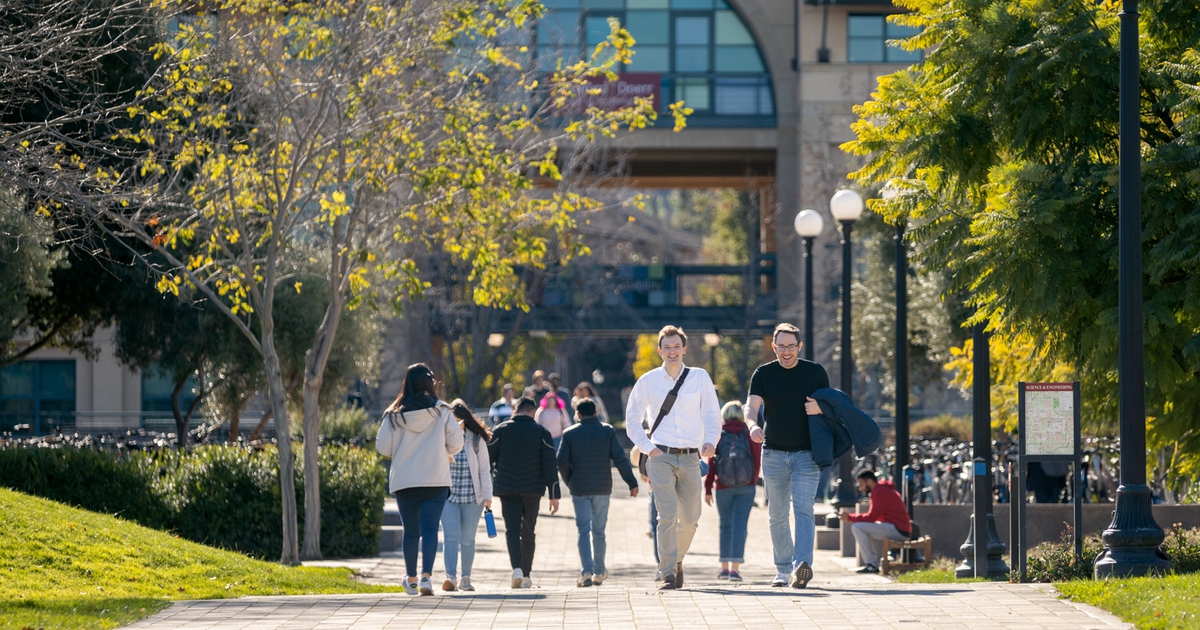




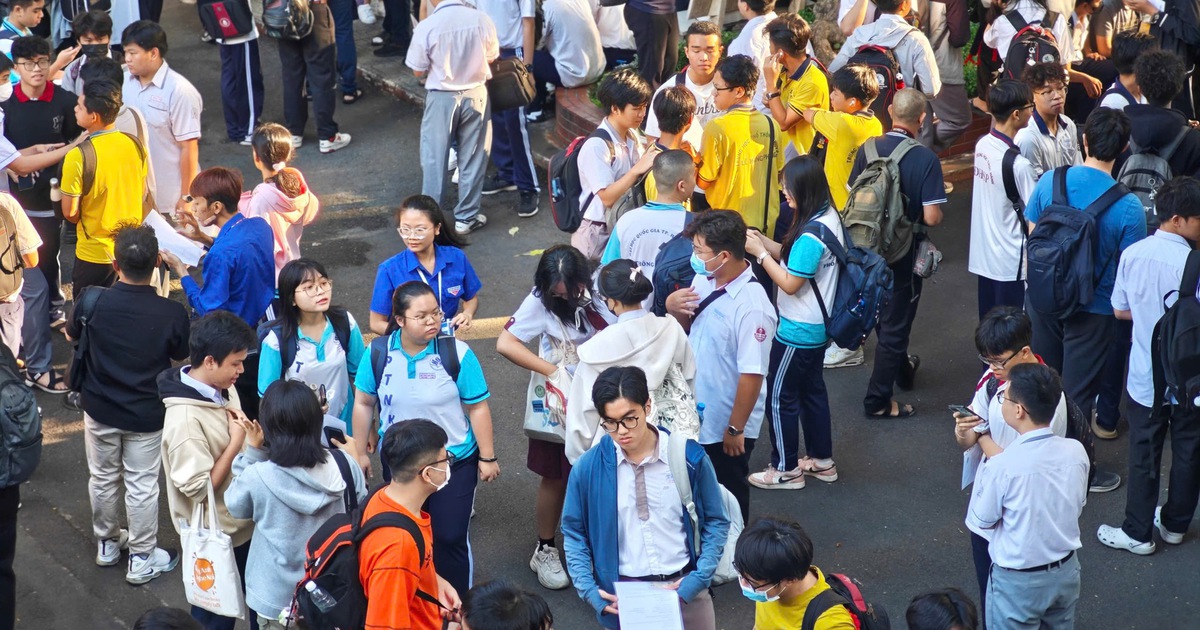
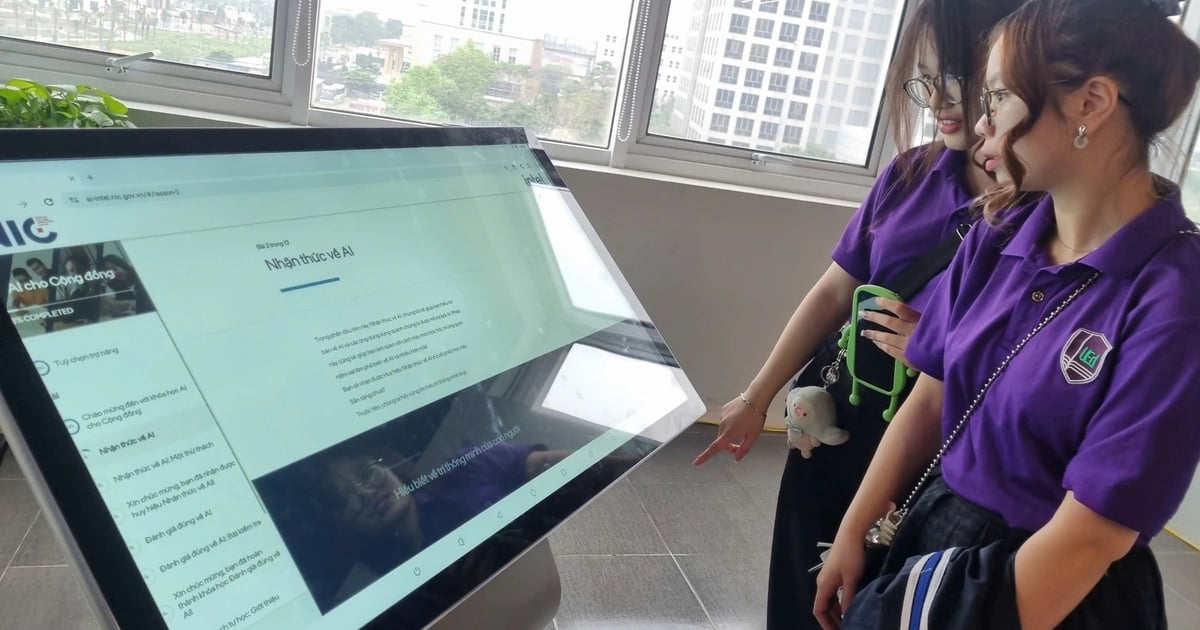








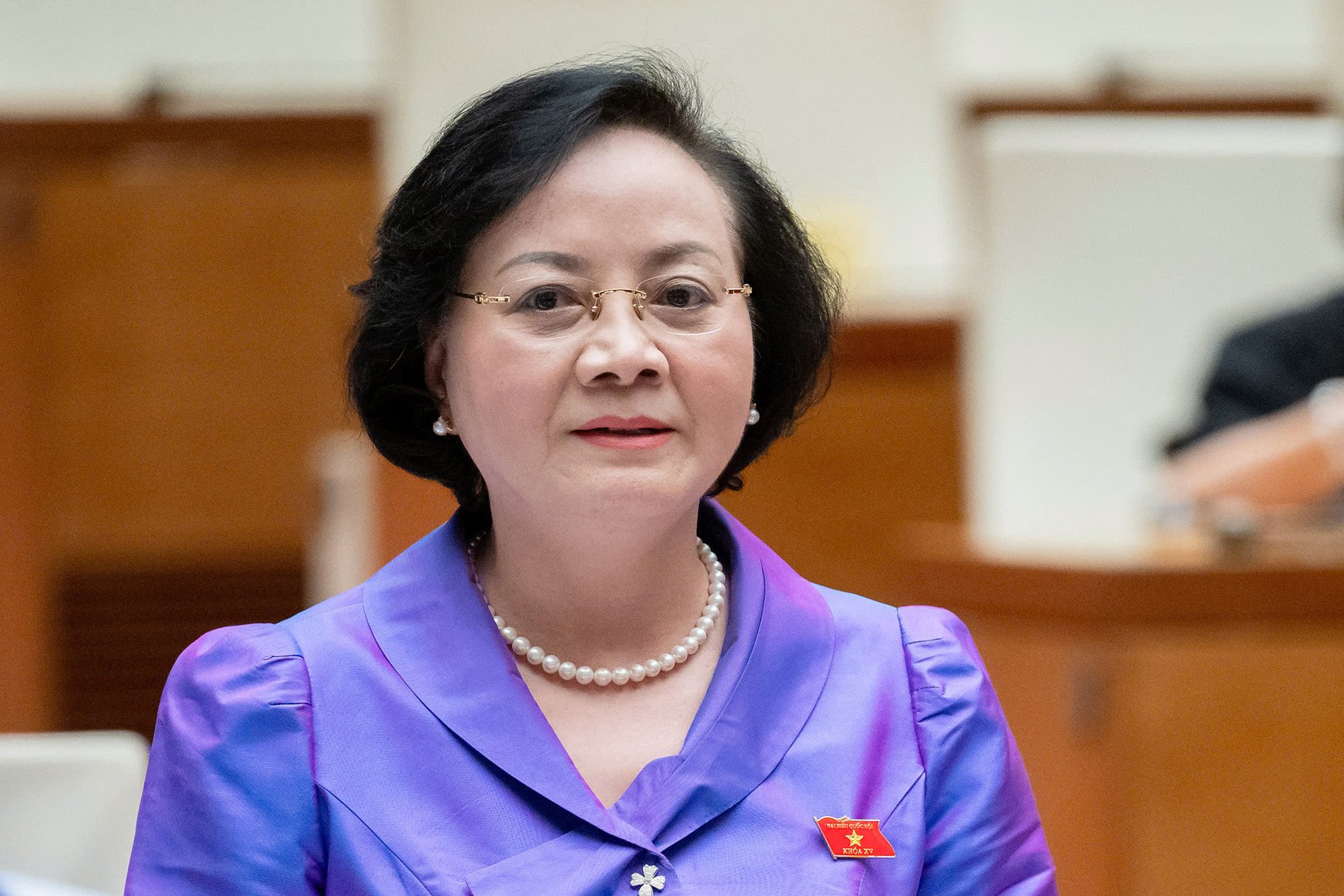































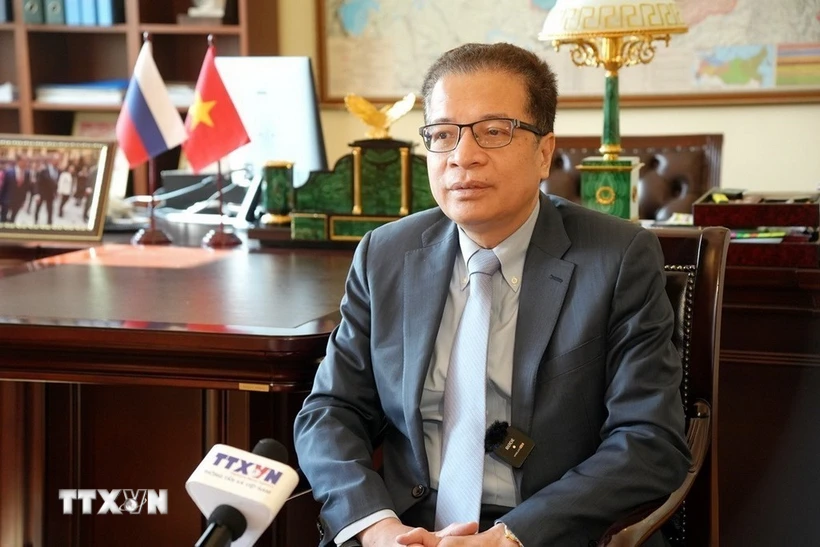
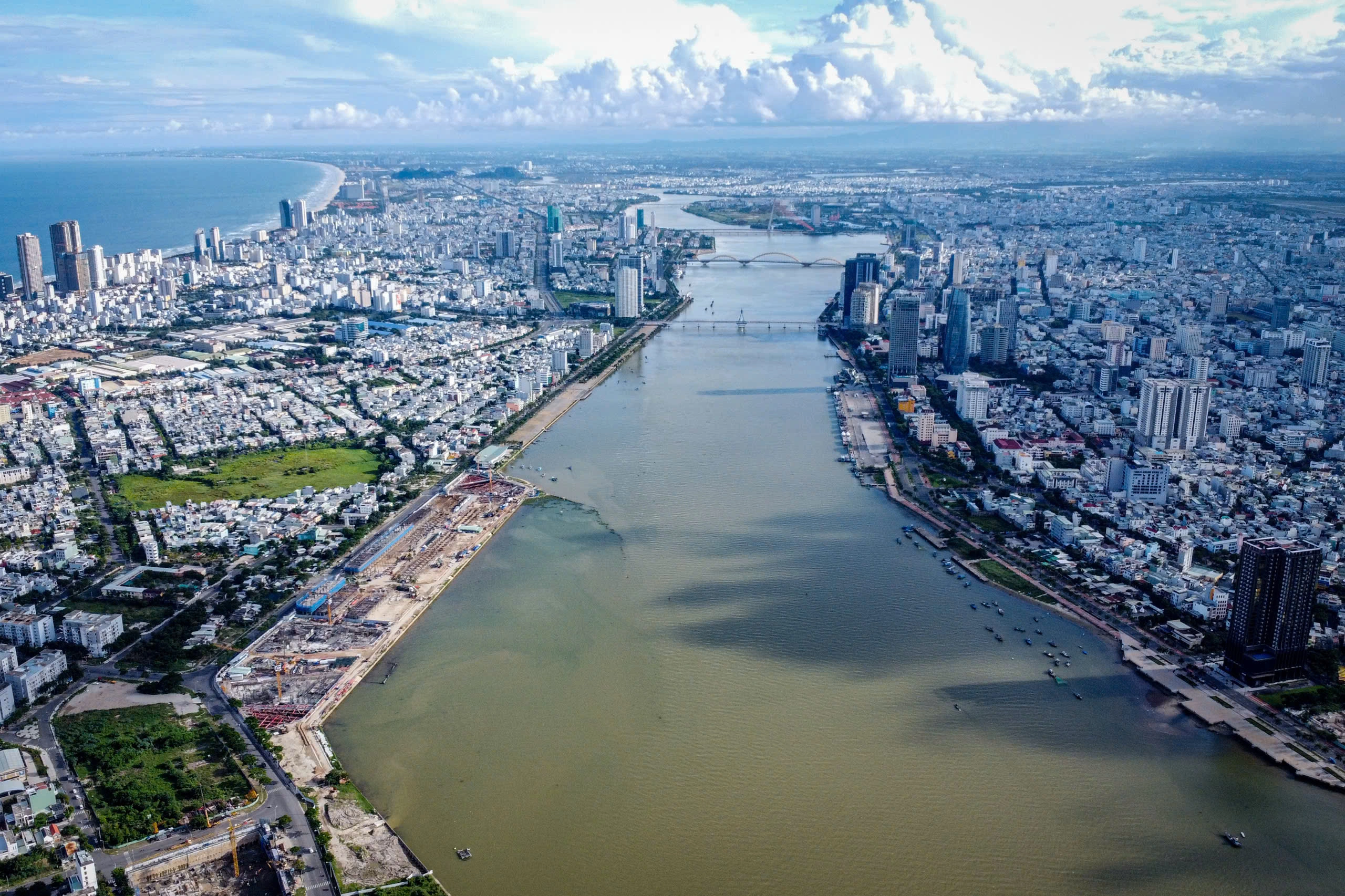









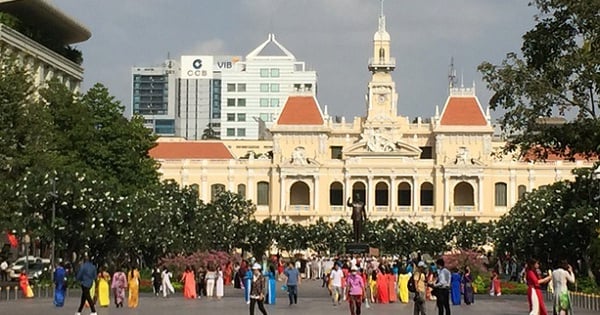
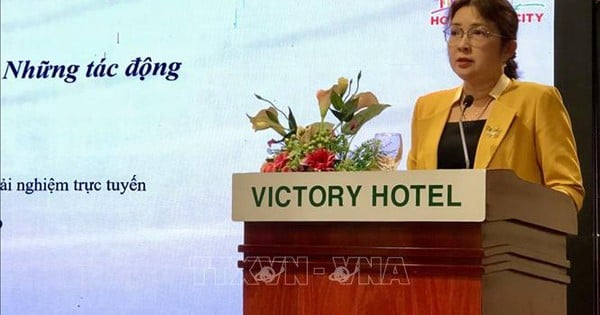
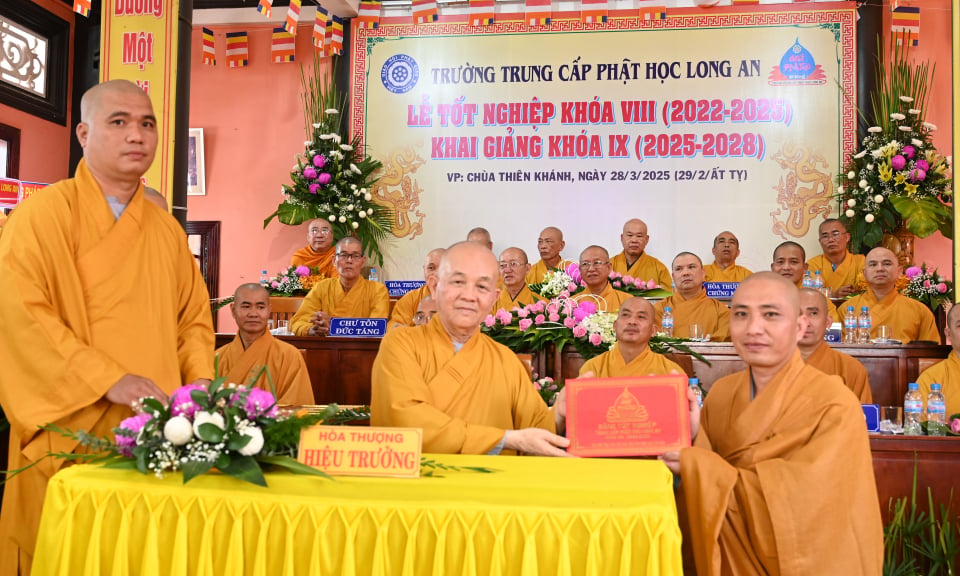


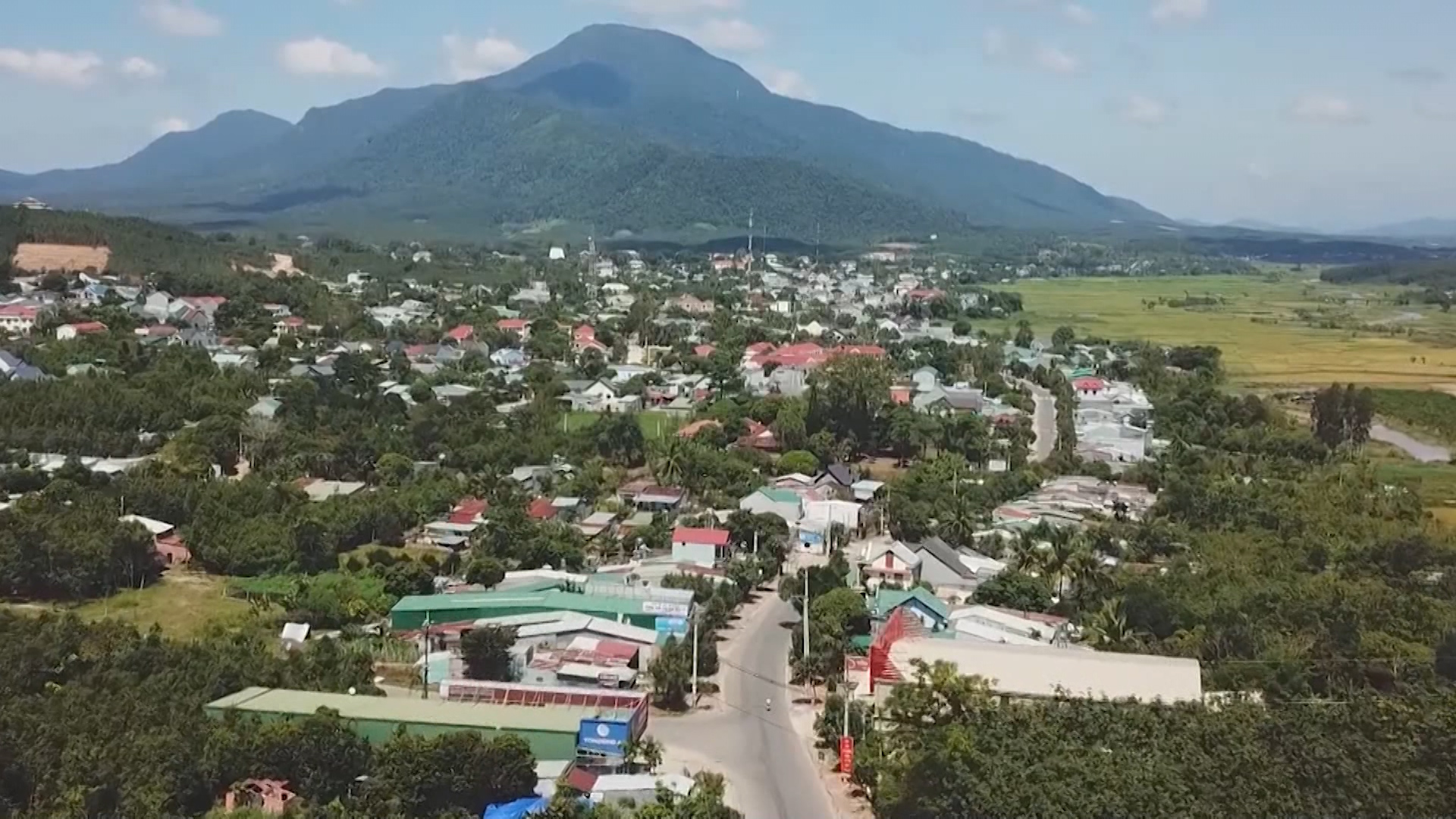


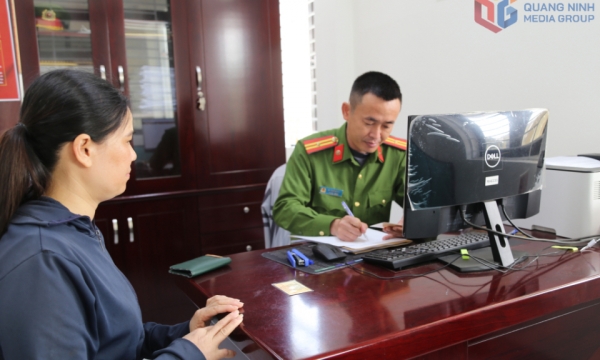














Comment (0)